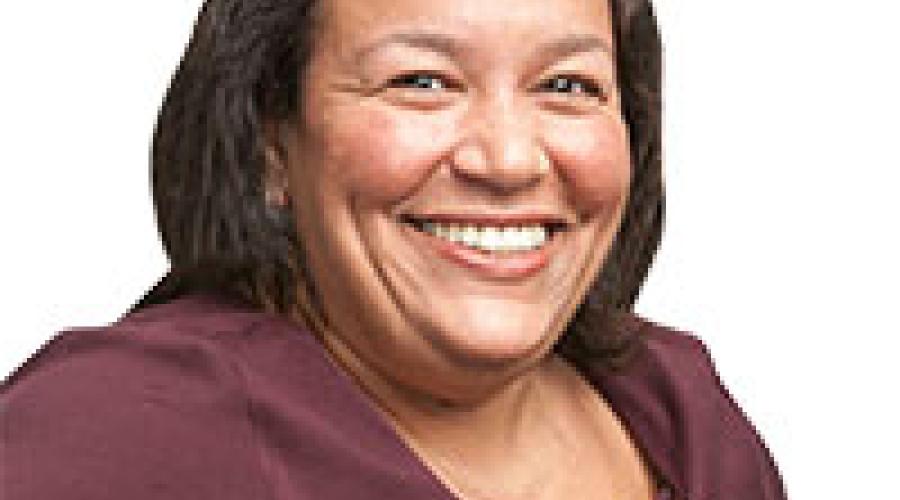
Laura Hertzog "Q&A"
You've practiced law, taught law, worked in academia as a dean and led a global corporation's diversity mission. How do those experiences influence your teaching?
"I think my varied work experiences help me understand the perspectives and concerns of managers and their teams in a variety of environments. My knowledge of employment law also helps me know what the legal parameters are for proposed diversity strategies, which can help our clients avoid potential pitfalls."
What is the toughest thing to teach managers about workplace diversity and inclusion?
"Being an inclusive manager is a learned competency, just like other management skills. People are not automatically inclusive managers, or the reverse, simply because of their gender, or their ethnicity or their sexual orientation. Anyone can learn these skills, and see a better workplace as a result."
How is ILR making tangible differences in workplaces?
"There is a huge variety of ways. In the past year or so, we have helped a major corporation develop a diversity recruiting strategy with its nationwide recruiting team and delivered the entire diversity certificate to the chief diversity officers of a multi-campus university system. We have also helped lead a U.S. State Department summit on infusing diversity and inclusion principles into our nation's foreign policy work."
In this economy, how can workplaces improve diversity and inclusion practices?
"We often suggest that clients bring our instructors to their workplaces for training. If they have a large workforce, that enables them to train a lot of people in a cost-effective way, and allows them to avoid having people away from the office for extended periods of time."
How did your childhood set the stage for where you are now?
"I came from a family that valued public service, in which the assumption was that one would grow up and do something to make the world a better place. I come from a multi-racial, multi-cultural family, but I was always taught to value and respect not only diversity of background, but diversity of thought. I always liked fixing things and making people feel comfortable. I like to think that my work now lets me do both in the workplace arena."


